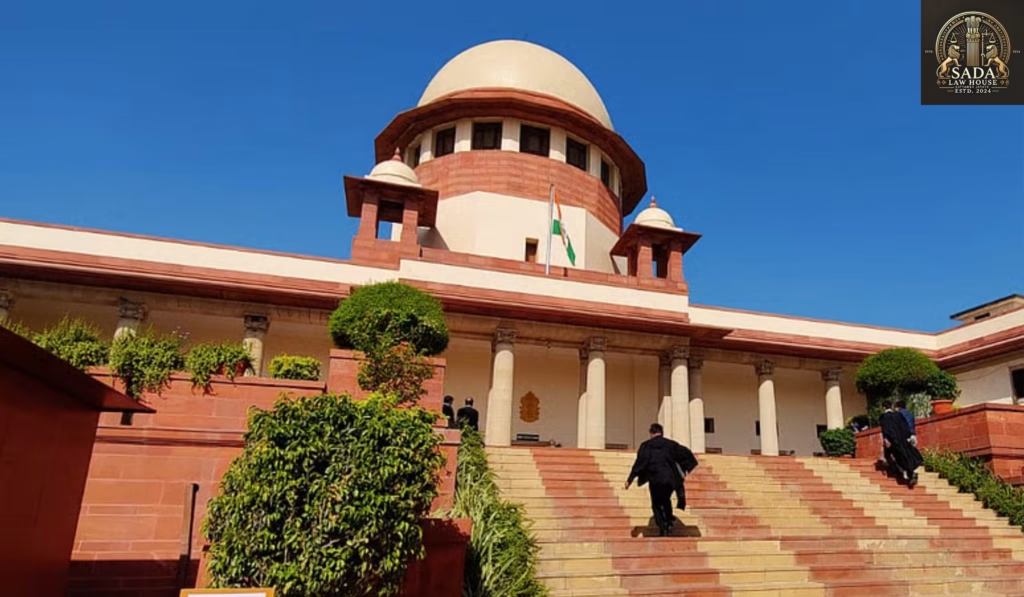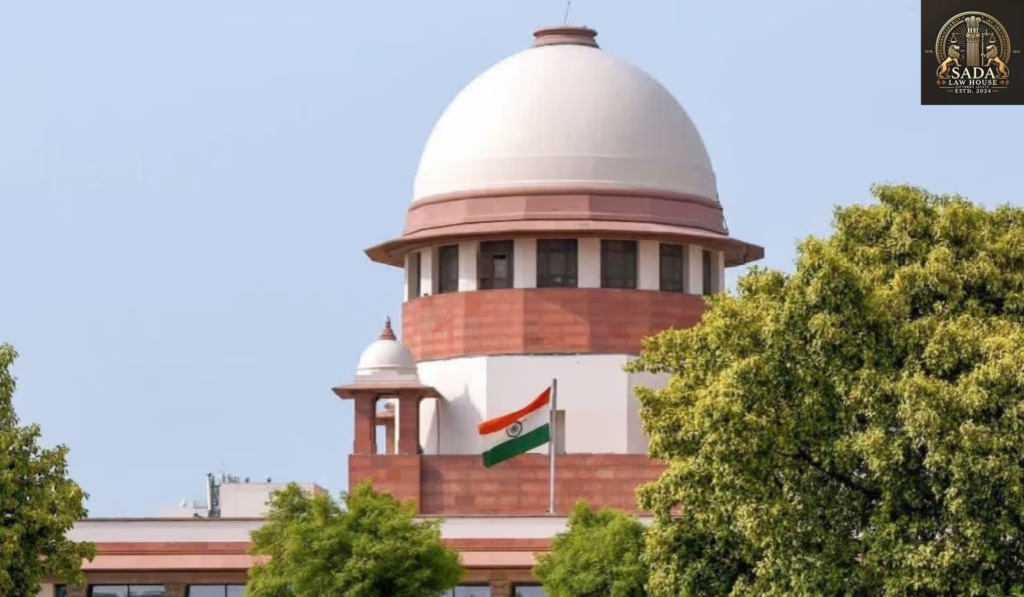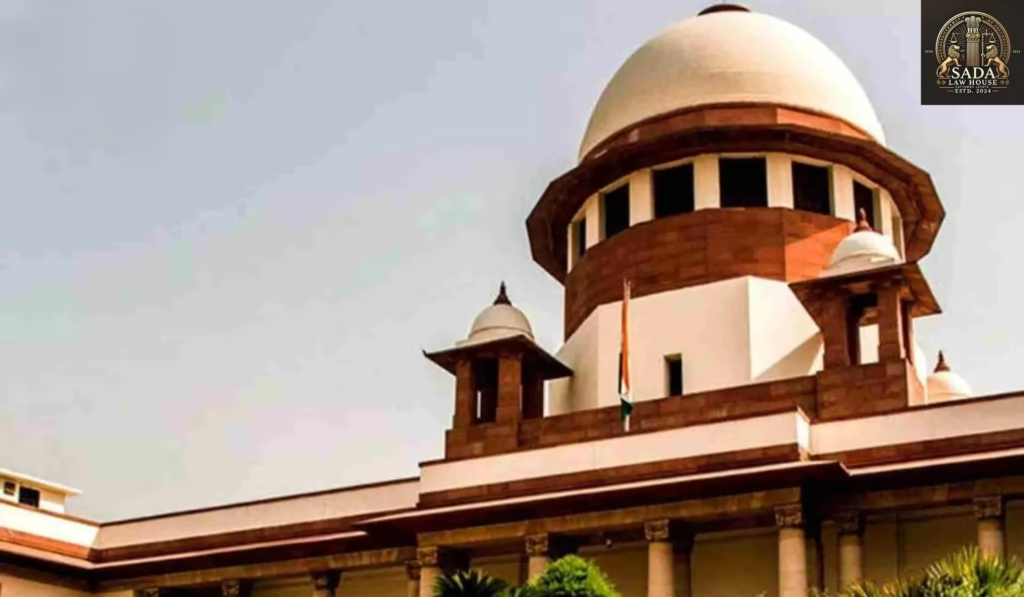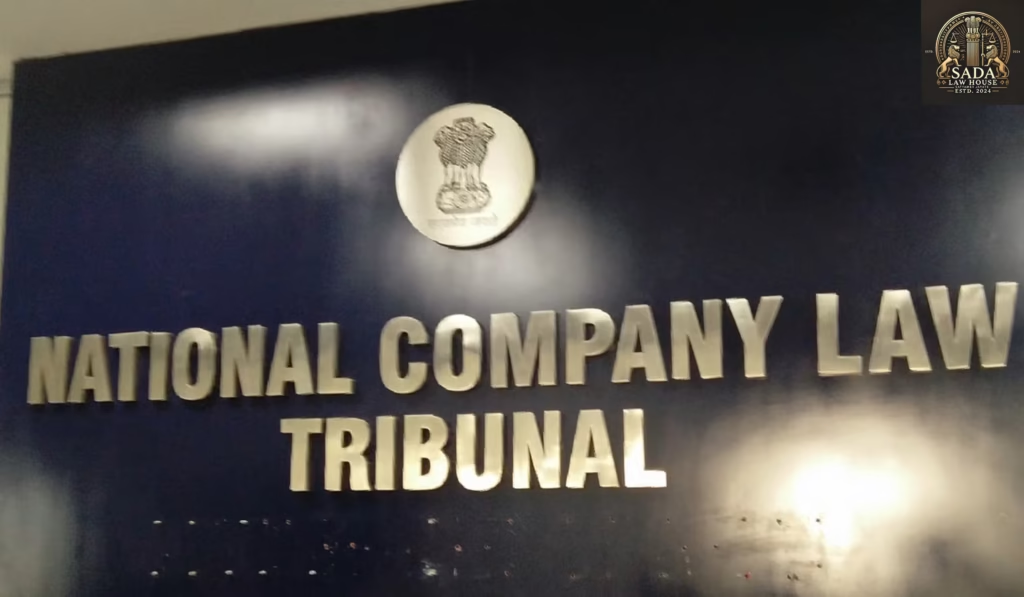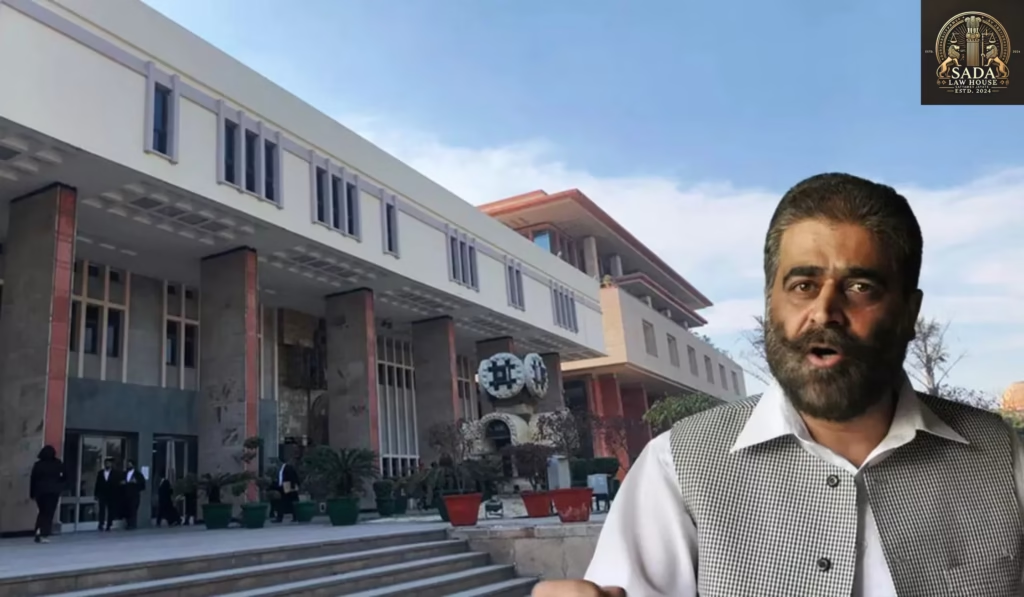Supreme Court Grants Bail to Bengaluru Stampede Executives, Emphasizes Due Process and Fair Arrests
Trending Today Supreme Court Grants Bail to Bengaluru Stampede Executives, Emphasizes Due Process and Fair Arrests Supreme Court Stays ₹317 Crore VAT Demand on Antrix, Safeguarding India’s Space Commerce Growth Supreme Court Upholds POCSO Case Against Judge, Reinforces Child Protection and Judicial Accountability Supreme Court Rules Land Registration Isn’t Proof of Ownership: Legal Documentation Still Essential Supreme Court to Decide on Consecutive Life Sentences: Landmark Case on Criminal Sentencing in India Supreme Court Grants Bail to Andhra Journalist Over Controversial TV Show Remarks NCLT Admits Gensol Engineering to Insolvency Process Amid SEBI Probe and ₹992 Crore Debt Kerala High Court Raises Alarm Over Microplastics in Food Delivery Containers and Potential Health Risks Delhi High Court Denies Bail to Kashmiri Separatist Leader Shabir Shah in UAPA Terror Case Supreme Court Seeks Karnataka’s Response on Thug Life Film Ban Amid Kamal Haasan Controversy Supreme Court Grants Bail to Bengaluru Stampede Executives, Emphasizes Due Process and Fair Arrests Kashish jahan 16 June 2025 The Supreme Court of India grants interim bail to executives involved in the Bengaluru IPL stampede case. This landmark decision highlights due process, legal safeguards, and the protection of personal liberty in high-profile arrests. HIGHLIGHTS Supreme Court upholds due process in high-profile arrest case Interim bail granted to four executives in IPL stampede incident Emphasis on legal safeguards, fair investigation, and individual rights Background: Bengaluru Stampede at IPL Victory Celebration On 12 June 2025, the Karnataka High Court granted interim bail to four corporate executives linked to a tragic stampede in Bengaluru during an IPL victory celebration. The event led to multiple casualties and raised serious questions about public safety and police accountability. The court found that the arrests lacked proper procedural legitimacy, pointing to flaws in the investigation process and premature detention without sufficient legal grounds. Supreme Court Reiterates: Arrest Must Follow Legal Standards Clear Criteria for Arrests The Court emphasized that arrests must meet defined legal criteria, including: Reasonable suspicion based on facts Clearly defined charges Demonstrable necessity for arrest These standards are aligned with longstanding Supreme Court precedents on arrest procedures. Importance of Fair Investigation The ruling also criticized the investigation for not adhering to procedural norms. Courts reminded law enforcement agencies that any deviation from due process could lead to judicial scrutiny or even case dismissal. Liberty and Justice in High-Profile Cases This judgment sends a strong message about the importance of constitutional safeguards, especially in sensational or politically sensitive cases. By granting bail, the Court highlighted: The presumption of innocence The right to personal liberty The dangers of arrests made under public or political pressure This reinforces the judiciary’s role in upholding individual rights against arbitrary or hasty legal actions. Upholding Due Process: A Warning to Law Enforcement The verdict serves as a reminder to police and investigative authorities that failure to follow proper legal procedures can: Undermine public trust Lead to judicial rebuke Result in dismissal of charges due to illegally obtained arrests It emphasizes that effective policing must go hand-in-hand with respecting legal boundaries. Conclusion: A Landmark Judgment for Legal Safeguards The Supreme Court of India’s decision to grant bail in the Bengaluru stampede case is more than a procedural ruling — it’s a powerful reaffirmation of the rule of law. In the face of media scrutiny and political influence, the judiciary stood firm in defending due process and personal liberty. This case sets a precedent for future high-profile arrests in India, reminding all stakeholders that justice must be fair, lawful, and constitutionally sound. Leave a Reply Cancel Reply Logged in as Sada Law. Edit your profile. Log out? Required fields are marked * Message* Case Laws Supreme Court Affirms Right to Anticipatory Bail Across States in Matrimonial Disputes: Priya Indoria v. State of Karnataka (2023) Sada Law • June 13, 2025 • Case law • No Comments Supreme Court Rules on Governor’s Limited Discretion to Withhold Assent and Summon Punjab Legislative Assembly | State of Punjab v. Principal Secretary (2023) Sada Law • June 13, 2025 • Case law • No Comments Supreme Court Judgment on Chargesheets: Not Public Documents, No Mandatory Online Upload by Investigating Agencies | Saurav Das v. Union of India (2023) Sada Law • June 13, 2025 • Case law • No Comments 1 2 3 … 5 Next »


